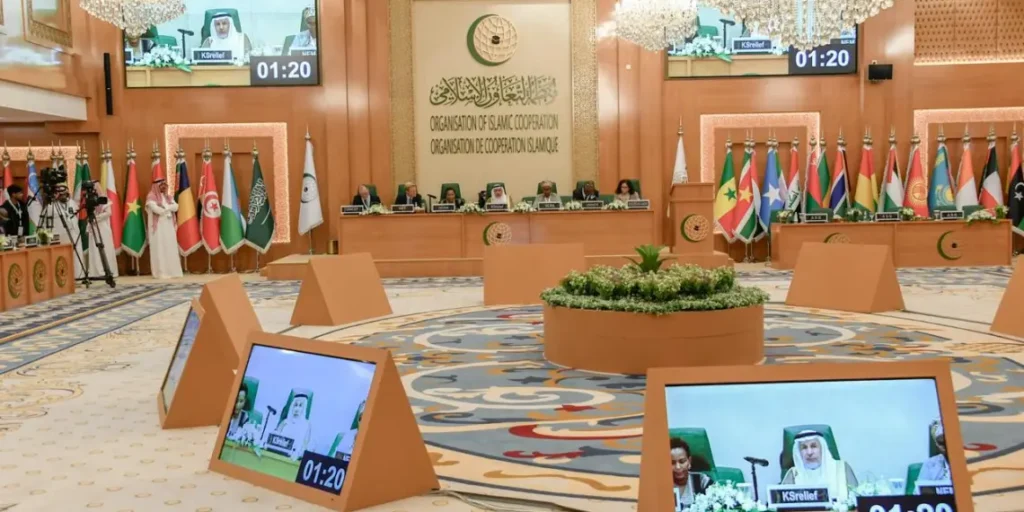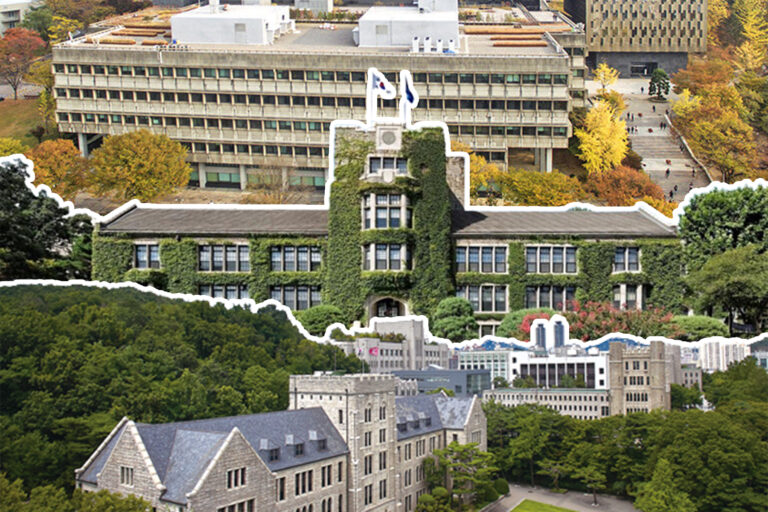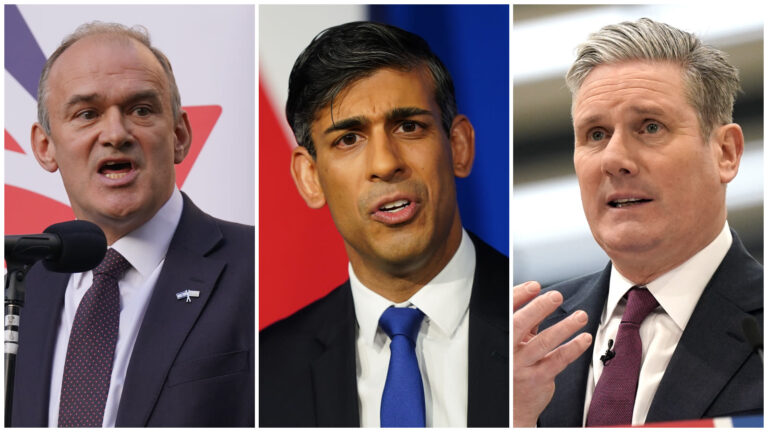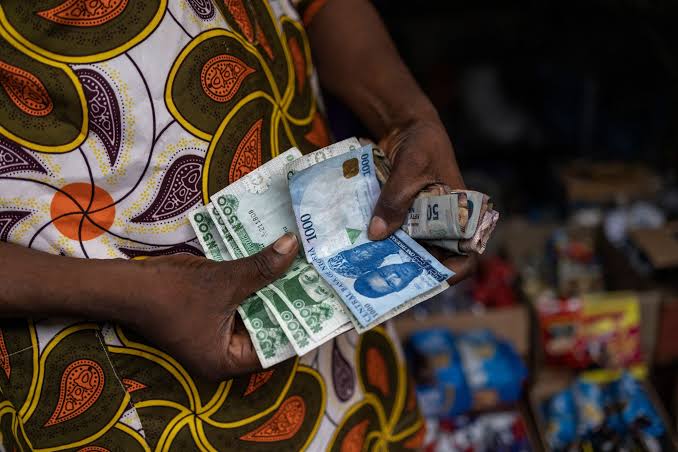
Saudi Arabia Leads Humanitarian Aid Efforts for Nigeria and Sahel Region

Saudi Arabia recently showcased its commitment to humanitarian aid by hosting a significant donors’ forum. The conference, organized through the King Salman Humanitarian Aid and Relief Centre (KSrelief), successfully raised over $1.1 billion for displaced persons in Nigeria and the wider Sahel region. This substantial funding aims to support regions grappling with displacement, crises, and natural disasters.
The Scale of the Humanitarian Crisis
The Sahel and Lake Chad regions, including Nigeria, Niger, Chad, Burkina Faso, and Mali, face immense challenges. Ongoing conflicts, climate change, and economic instability have displaced millions. According to the United Nations, over 30 million people require immediate assistance in these areas, highlighting the urgency of coordinated international support.
Saudi Arabia’s Role in the Aid Effort
The donor conference was held in Jeddah, in partnership with the Organisation of Islamic Cooperation (OIC) and the United Nations Office for the Coordination of Humanitarian Affairs. The forum emphasized the shared commitment of international stakeholders to addressing these humanitarian crises.
Key Contributions and Collaborations
Dr. Abdullah Al Rabeeah, Advisor at the Royal Court and Supervisor General of KSrelief, emphasized that the funds raised demonstrate solidarity and commitment. The contributions not only provide immediate relief but also empower humanitarian organizations to deliver essential support:
- More than 10 donor countries participated in the conference.
- Saudi Arabia pledged an additional $30 million, raising its total contribution to $51 million for 2024.
- Collaboration with key international bodies ensures a comprehensive approach to aid distribution and support.
Impact on Nigeria and Surrounding Regions
The forum aimed to address the specific needs of displaced populations in Nigeria and neighboring countries. The raised funds are earmarked for various purposes:
- Food Security: Providing immediate food aid to displaced communities.
- Medical Assistance: Ensuring access to healthcare for vulnerable populations.
- Infrastructure Support: Building resilience through infrastructure projects that withstand climate disruptions.
- Education and Empowerment: Supporting education and vocational training to foster long-term recovery.
Empowerment Through Solidarity
Dr. Al Rabeeah stressed that the global contributions are a testament to international unity. “These efforts not only bring immediate relief but also empower organizations to build resilience among affected populations,” he said, highlighting the critical role of solidarity in overcoming regional challenges.
A Unified International Response
The conference was praised by several international leaders. OIC Secretary-General Hissein Brahim Taha highlighted the forum’s importance as a platform for dialogue among humanitarian leaders, while United Nations Secretary-General Antonio Guterres commended Saudi Arabia’s leadership in spearheading the initiative.
Long-Term Vision for Stability and Security
Mr. Guterres emphasized the need for sustained humanitarian support, calling for investment in long-term solutions:
- Ending Hostilities: An urgent call for a ceasefire in conflict zones.
- Civilian Protection: Prioritizing the safety of non-combatants.
- Unhindered Aid Access: Ensuring that aid reaches those in dire need without political or logistical barriers.
Saudi Arabia’s Ongoing Commitment
Saudi Arabia has consistently demonstrated a commitment to the Sahel and Lake Chad regions through ongoing aid efforts:
- The country’s pledge of $51 million in 2024 is part of a broader strategy to ensure security and resilience.
- KSrelief’s partnerships with international organizations aim to create sustainable support systems.
A Platform for Future Cooperation
The conference underscored the importance of continued dialogue and collaboration among nations and organizations. The OIC and United Nations aim to use this forum as a foundation for ongoing efforts, emphasizing that the values of solidarity and cooperation are crucial in tackling the complex challenges faced by displaced populations.
Conclusion: A Call for Global Solidarity
The humanitarian crisis in Nigeria and the Sahel region requires not just immediate aid but a long-term, strategic approach. Saudi Arabia’s leadership, through the KSrelief initiative, has provided a beacon of hope for millions. This donor forum marks a significant step toward stabilizing and rebuilding affected communities, but the need for sustained international commitment remains crucial.
As the global community comes together, the goal is not just survival, but the restoration of stability, dignity, and opportunities for all those affected by displacement and crises in the region.



